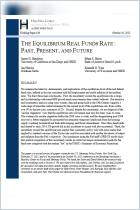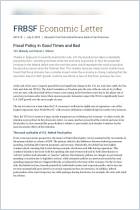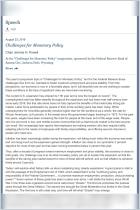
Read or listen offline
Recommendation
How much government debt is too much? At what point does it cause an economy to spiral out of control? Four economists – David Greenlaw, James D. Hamilton, Peter Hooper and Frederic S. Mishkin – studied data from 20 developed nations over a 12-year period seeking to answer these difficult, dynamic questions. They explain the problem and its possible ramifications as well as the dismal science allows. Along with a math-heavy econometric analysis, the authors concisely interpret their findings for those who are statistically challenged. Though their conclusions and methodology have met with some pushback from other economists, this is an intelligent analysis of the broader situation. getAbstract recommends this report to economists, academics, financial professionals and government officials working on fiscal and monetary policy.
Take-Aways
About the Authors
David Greenlaw is chief US fixed-income economist at Morgan Stanley. James D. Hamilton is an economics professor at the University of California at San Diego. Peter Hooper is chief economist at Deutsche Bank Securities. Frederic S. Mishkin is a banking professor at Columbia University.

















Comment on this summary or Comenzar discusión